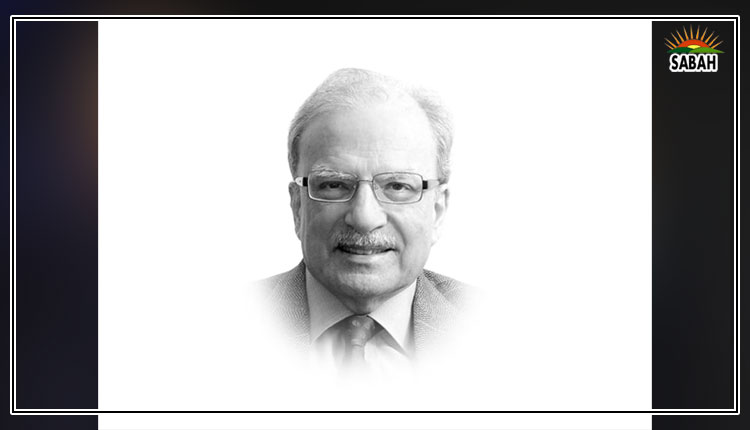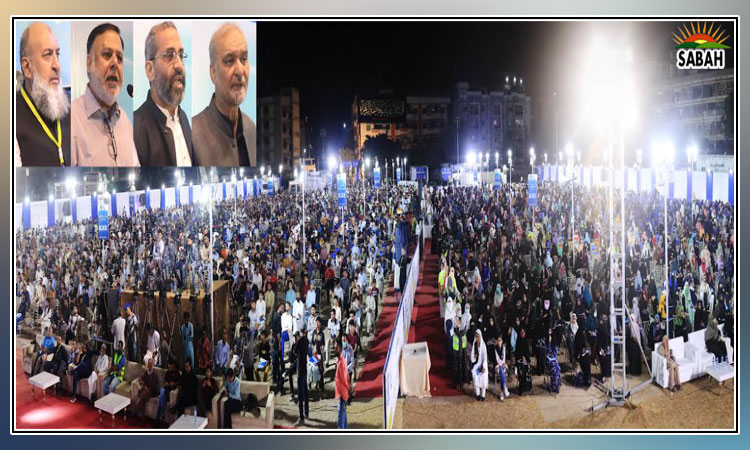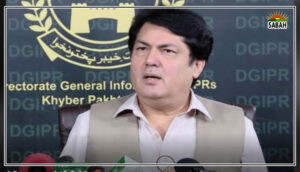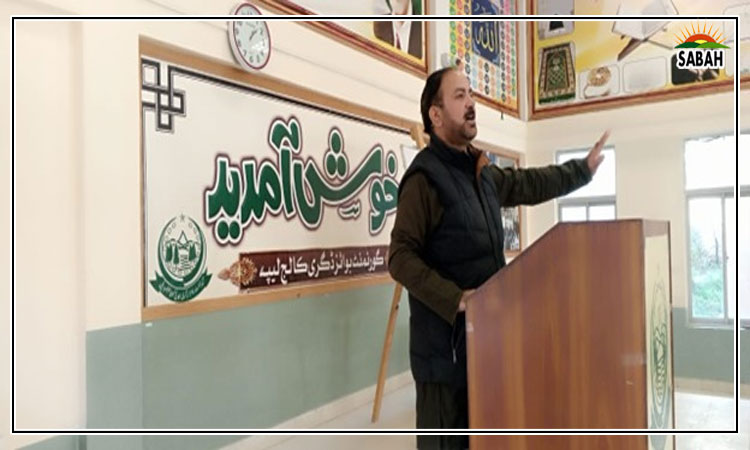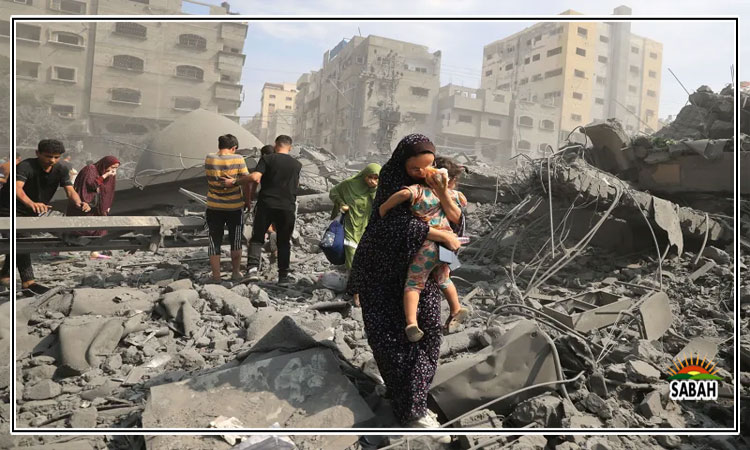From Karbala to Kashmir… Sheikh Abdul Momin
The month of Muharram heralds the beginning of the Islamic New Year, steeped in historical and religious significance. This sacred time is marked by the martyrdom of Hussain(ra), the grandson of Prophet Muhammad (PBUH), who was martyred in the Battle of Karbala in modern-day Iraq. 10th Muhram marks the anniversary of the day when Hussain and his 72 companions achieved martyrdom. The processions held in their honor are a solemn remembrance of their sacrifice and Hussain’s moral victory. Kashmir’s most revered resistance leader late Syed Ali Shah Geelani once said that “Imam-e-Hussain (RA) didn’t belong to any particular sect or group but was an icon of bravery and justice for whole Ummah, and the path he has shown serves as a beacon light even today for every Muslim, especially those fighting and confronting the aggression of occupation, he further mentioned that he didn’t fight for power, perks or comforts, but for justice and equality, therefore anybody who’s religion, economy, culture, honor, life, and livelihood are always under threat by dark and dusty clouds of occupation, should get inspiration from Imam Hussain (RA)”.
On the anniversary of this remarkable day in Islamic history, mourners across the globe move slowly through narrow lanes and highways, feeling the profound loss that occurred over a thousand years ago in the Arabian Desert. The ancient grief still feels raw, with the mourners’ collective wailing creating a palpable sense of unity. The rhythmic chants of “Ya Hussain, Ya Hussain” seem to comfort the grieving crowd, and the roadside stalls offer rose sherbet to passersby conveying a message of coexistence and harmony.
As a child, I never wanted my mother to finish the story of Karbala. She couldn’t hold back her tears while recounting the gruesome tyranny inflicted upon humanity. As I grew older, I read about Karbala and grasped the essence of Hussain’s supreme sacrifice. I learned to differentiate between being a victim and a survivor. Hussain’s martyrdom is supreme in every sense, marking him as the leader of all martyrs. He didn’t just defeat Yazeed; he defeated every tyrant and despot.
Karbala is not merely about keeping Islam alive; it is a triumph of good over evil. It symbolizes the enduring struggle against oppression and the ultimate sacrifice for justice and righteousness. Hussain’s stand at Karbala transcends time, embodying the eternal fight for truth and moral integrity. His legacy teaches us that the battle against tyranny is an ongoing endeavor and that the spirit of resistance and the quest for justice are timeless.
Similarly, Kashmir has remained a battle-zone for years, caused by political conflicts, human rights abuses, and an aspiration for self-determination. The people of Karbala, the same as the people of Kashmir, went through suffering and sacrifice for decades to fight for their freedom and self-determination.
Imam Hussain(ra) paid the price that epitomizes the individual’s eternal strive for justice and human dignity even as the situation is hopeless and impossible. People of Jammu and Kashmir are also seeking to be treated the same as they demand recognition of their rights and a respectful life under brute military occupation and a climate of hopelessness.
The event of Karbala represents the voice of those who stood for their rights and did not bow to oppressive rule and in a similar way the people of Kashmir have been fighting against the oppressors and the internal government to get independence and the right to decide their future lives. The event of Karbala serves as a grim reminder of the human strength that people can display in times of trial and bear hard times patiently and if we look at the situation in Kashmir, the people of that land have constantly gone through hardships and loss as well as growing and developing spiritual endurance to lend support to the war of liberation.
The connection between Karbala and Kashmir is prone to the fact that they are the themes of justice, resilience and human spirit which are global issues. The confrontations correspond to the moral duty to acknowledge universal human rights by the people, irrespective of religious commitments or social norms, tear down imperial overreach, and the imperative of which is the fulfillment of a just and proper environment. They also emphasize how important it is for people to uphold their principles of equality and justice in the midst of difficulty.
As we contemplate the narratives that tell of courage, it is important that the insights of Karbala and Kashmir go further than the boundaries of religion and politics. They give voice to our deepest desires for freedom, justice, and the right to live with dignity. We demonstrate our fidelity to the world by preserving the memory of the lives that were lost in Karbala as well as searching for those who continue to struggle in Kashmir. Our commitment to these general principles is restated.
Karbala and Kashmir intertwined stories inspire human beings not only in history lessons but also in the hearts of people who want to live in a world of justice quite distinct from the world of injustice and to be heard and respected. Their legacies call upon us to work for a future where all individuals can live in peace, unafraid of any challenges or oppression—a future that is a purposeful result of all the sacrifices made in Karbala and the positive expectations carried out in Kashmir.
The Writer is currently working at legal forum for Kashmir


